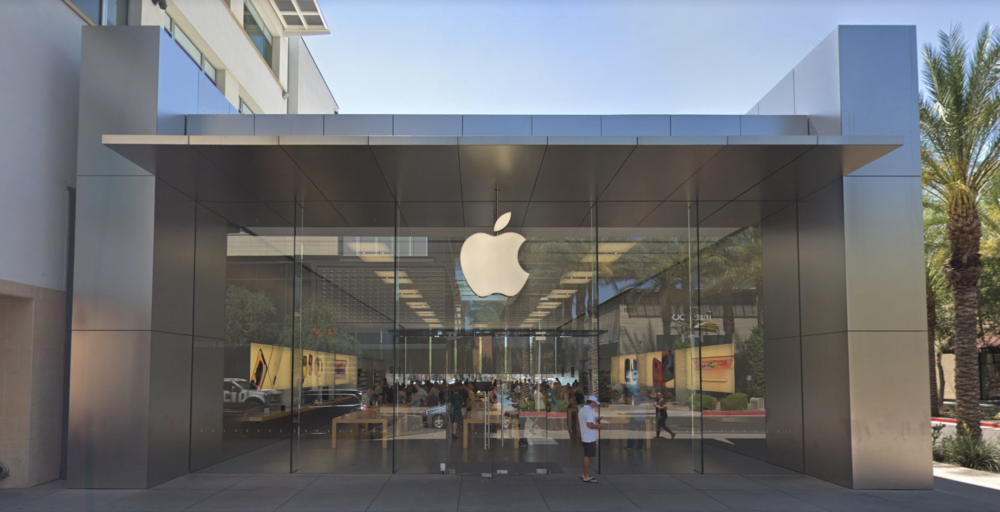When the coronavirus first set foot in the United States, governors in the harder-hit states sent people home, closed businesses and locked down for months.
Now COVID-19 is making another surge, enveloping the South with runaway infections with a possible second wave on the horizon. Faced with the unpopular idea of shutting down – in states that were hesitant to shelter in place the first time around – governors are slower to take action. Even masks are optional.
That leaves companies in a difficult position. Following local laws and restrictions is no longer enough to protect employees and customers. Apple was the one of the first companies to make a proactive move on Friday, re-closing 11 stores in Florida, Arizona, North and South Carolina.
“We take this step with an abundance of caution as we closely monitor the situation, and we look forward to having our teams and customers back as soon as possible,” the company said in a statement.
“Abundance of caution” is the new duty of care, dancing the delicate political line as we near the most contentious election day in modern history. But however your company positions it, the situation is dire: the US is showing the worst progress with flattening the curve than nearly all of the developed world. And fall is right around the corner.
Companies should embrace the challenge as an opportunity to lead the way with market and workplace innovation while defining a new duty of care. Organizations that can balance economics with a healthy workplace are best positioned to succeed (or at least survive) in our new world.
In some states, this isn’t a choice, but a reality. If an employee at a workplace gets infected, co-workers are quarantined. When many employees are exposed, workplaces close. To avoid this scenario without guidance from local governments, security and safety teams are anticipating disruptions by carefully monitoring infection trends, tracking reactions from similar companies and brainstorming ideas with their peers.
That means real-time benchmarking is more important than ever.
Historically benchmarking is more measured and strategic in nature, but news cycles have accelerated, misinformation is pervasive and companies are scrambling to keep up with the path of the virus.
Now benchmarking is both more tactical and virtual. Instead of hallway conversations at industry events and company tours a few times a year, security professionals are frequently sharing ideas in informal online networks. On Factal, members follow verified news of how other companies are responding, chat with other Factal members, participate in benchmarking polls and attend our COVID-19 webinars with our partners at Emergent Risk International.
This new era of collaboration is critical as companies lead the way on keeping their employees and customers safe in a country of 50 countries, each with their own laws, politics and infection curves. In one of the most disorienting and dangerous times in our nation’s history, we can be safer together.
(Cory Bergman is the co-founder and VP of product/news at Factal, a breaking news platform and collaboration network for security, health and disaster relief professionals at many of the world’s largest companies and NGOs .)
(Top photo from Google Maps of Apple store in Scottsdale, Ariz., before it closed.)

